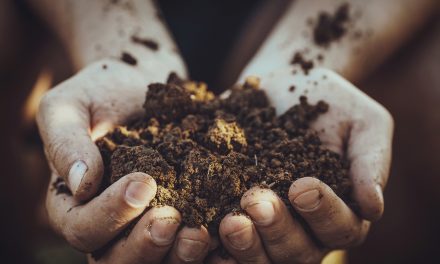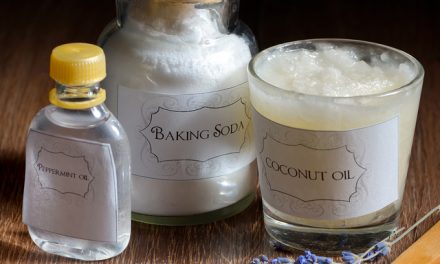America’s oil industry faces a number of challenges, including low oil prices, the rise of electric vehicles and proposals to limit fracking. But one of its biggest problems: The industry is running out of water.
The towns of Midland and neighboring Odessa, Texas, are now selling most of their municipal waste water to oil companies for use in their injection wells. Pioneer Natural Resources (PXD), one of the leaders in the field, agreed to spend $130 million to upgrade the waste water treatment facility of Midland, Texas, in return for the right to buy its waste water for up to 40 years. The company is using about 5 million gallons a day of municipal waste water to help it reach the up to 21 million gallons of water it uses every day.
RELATED STORY:
The 21 million gallons of water Pioneer uses on a typical day would be enough to fill 42 Olympic-sized swimming pools. Dennis Lithgow, vice president of infrastructure development & operations for Pioneer in the Permian Basin, said very little of the water it uses is fit for human consumption. Besides the waste water, most of the well water it uses comes from deep aquifers that produce a brackish water not suitable for drinking. Lithgow said:
“Having that source of water definitively sets us apart from our competition.”
RELATED STORY:
Most of the water captured as oil and natural gas are collected can’t be used for anything and must be disposed of in wells nearly a mile or more deep, far below the aquifers used as a source of water. Of course, this means human water supplies could be threatened by the industry sending so much waste water into the Earth’s shale layers as part of the fracking process, according to Amy Mall, senior advocate for the Natural Resources Defense Council.
That’s because that water use is disrupting what is known as the “water cycle” through which water naturally circulates between land, atmosphere and bodies of of water in order to become drinkable once again. Mall said:
“But with fracking, that is water that is taken out of the water cycle. In Texas water is increasingly in short supply. There’s growing demand for increasingly scarce resource.”
RELATED STORY:
But the University of Texas’ Scanlon said that fracking’s demand for water still trails what is used by agriculture. And Mall agrees with the industry’s position that much of the water being used in fracking wouldn’t be available for anything else. She said:
“Treating this water does not seem viable at this point.”












